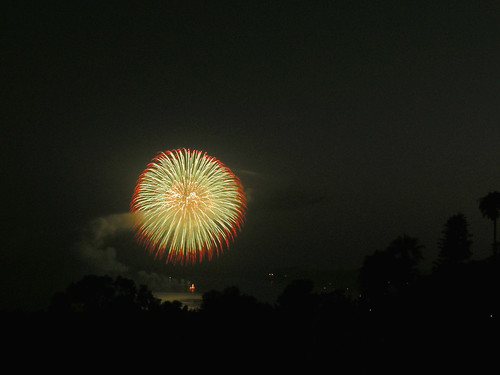
Autumn by Robert Walrond, courtesy of the Public Domain Review
Friend of Augury Geoffrey Nutter (The Rose of January, Wave Books, 2013) has long been hosting poetry seminars in Upper Manhattan. Nutter recently took some time to sit down with Augury intern Emily Kaufman to talk about his current classes at the home of Wallson Glass, among other things.
Emily: Being a writer yourself, what prompted you to begin teaching? What value do you find in teaching creative writing?
Geoffrey: I love talking about poetry with other poets. I think it’s important for a teacher of poetry to help poets gain a sense that they are, as my old friend Matthew Rohrer puts it, “surrounded by friends.” Not only fellow poets, but the fellow poets of the past and present, famous or otherwise. These are our kindred spirits.
Poets are often intimidated or alienated by the feeling that the poet has no place in our society. It’s a strange predicament, being in love with something that is so exalted on the one hand, and yet whose value is so questioned by the society we are a part of. It even causes us, the poets, to question our own value. It’s a predicament that merits thought and discussion–but one that I think creative writing study can help poets overcome.
Emily: What do you feel is the most important element in teaching poetry?
Geoffrey: The making of poems involves radical freedom–the freedom to experiment with form, experiment with language, experiment with self and consciousness, and push these experiments to extremes in order to create experiences and bring them to a consummation. Part of what excites me about teaching is how it enables me to guide other poets through experiments that will help disclose some of poetry’s world-making possibilities.
Emily: What do you hope your students will get out of your classes?
Geoffrey: Poems! And the willingness to take poetic risks; a broadened sense of how poems can be made; fellowship with other poets and kindred spirits; and faith in the powers of poetry and a renewed sense of how poetry does what nothing else is able to do.
Basho was a great teacher of poetry in 17th century Japan. He urged students to try to identify closely with the things of the world, to feel a direct sympathy with them to the point of inhabiting them through imaginative projection. (Keats was able to achieve something of this sort as well–it’s reported that when he saw the wind sweeping through a field of grain, his body would start swaying imitatively). Language is the point of physical identity between the observer and the observed (whether the thing observed is something in the objective world we move through, or something in the objective world of the imagination {yes, itself an objective world}), which is where the idea of precision becomes so important. But language is also, of course, how we discover what we observe. We move through language toward discovery–not the other way around.
I also hope the people who study poetry with me come away with an awareness of something that John Dewey expresses so beautifully: that poems “do not seem to come from the self, because they issue from a self not consciously known.”
Emily: Your classes in the past have generally had a clear direction or focus. What do your upcoming classes focus on?
Geoffrey: In the coming months I’m going to continue doing what Wallson Glass has been doing: many, many writing exercises in each session that experiment with different ways of using language and looking at things. Classes so far have been very productive, the energy very high and intense, and the quality of the writing exceptional. Many participants have published books, and many go on to publish poems that they write during our sessions. So the classes have been attracting amazing writers.
And look for an all-night writing session soon, and a late-night writing session at a restaurant in Koreatown in the coming months!
I will also have some six-week workshops happening beginning in September. And since I’ve started to have numerous students from out of state, I’m working on a week-long residency for Summer 2016. Keep checking back!
Emily: What encouraged you to pursue writing originally, as opposed to engaging in a different career path?
Geoffrey: I probably started writing poems for the same reason most (or many) people start: to figure something out, and set that “figuring out” into motion. To hear what the self sounds like when it’s trying to figure things out, in a way that makes that self seem surprising and new.
When I was younger, I found it extremely encouraging when a friend would read a poem I wrote and tell me that it was interesting or beautiful or striking. And that’s still the case. Don’t all poets feel this way? I assume so, which is why it’s so important for me, as a teacher of poetry, to be attentive to the unique and amazing things that fellow poets are setting into motion in their poems.
For more information on Geoffrey’s classes (and to read some of his poetry) check out his site!

